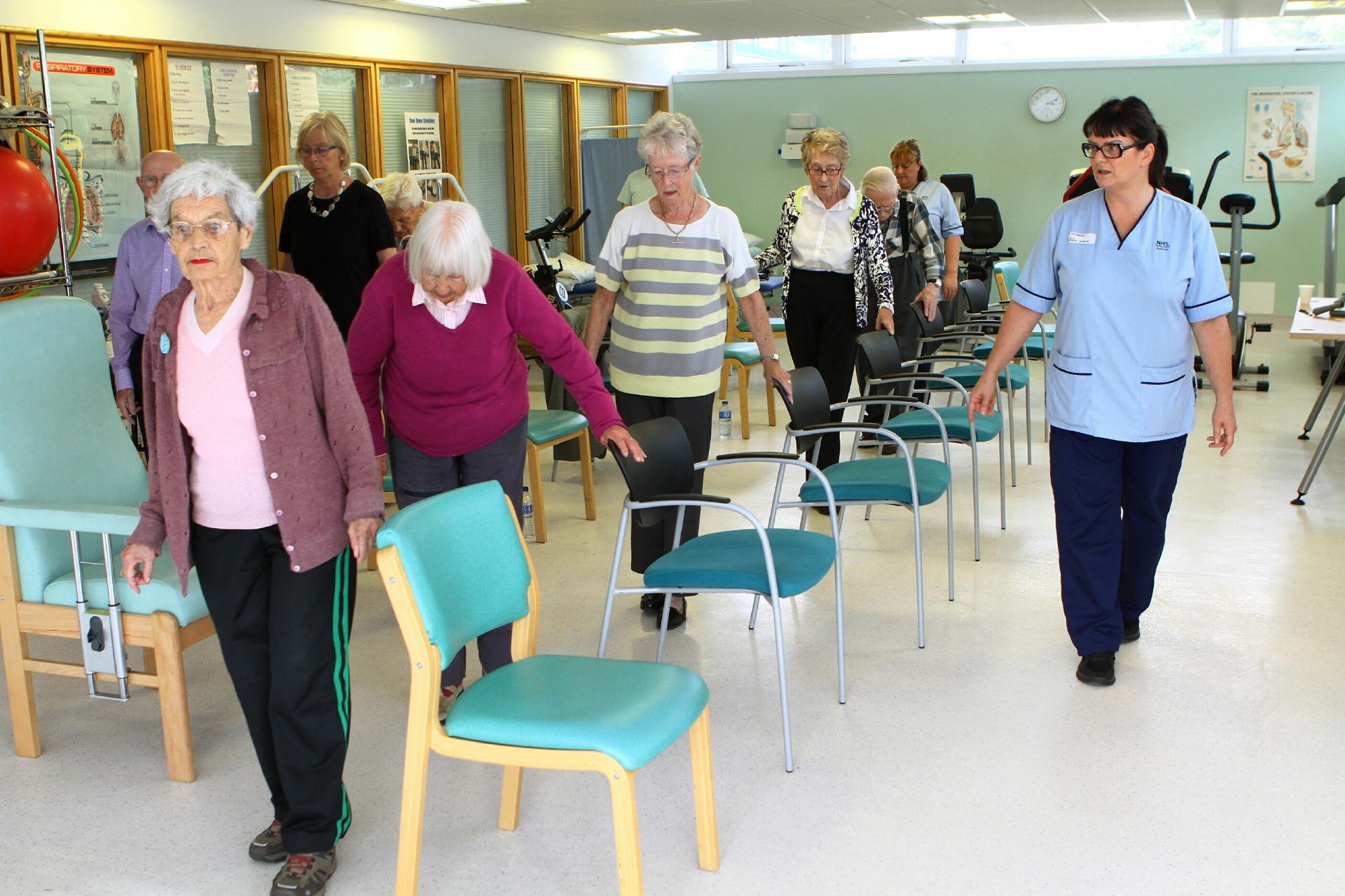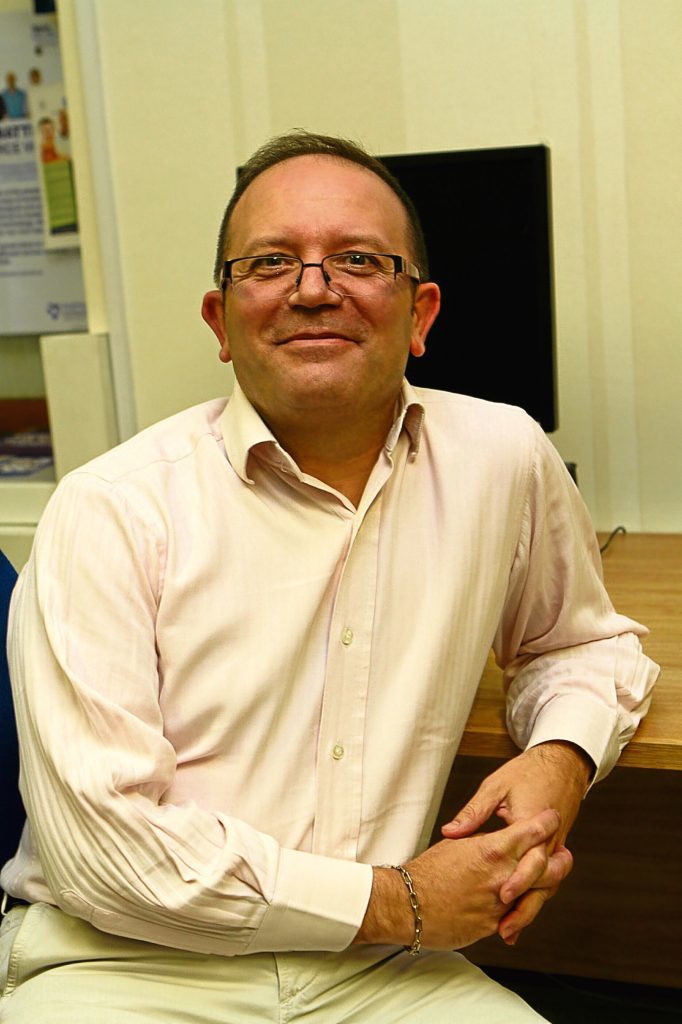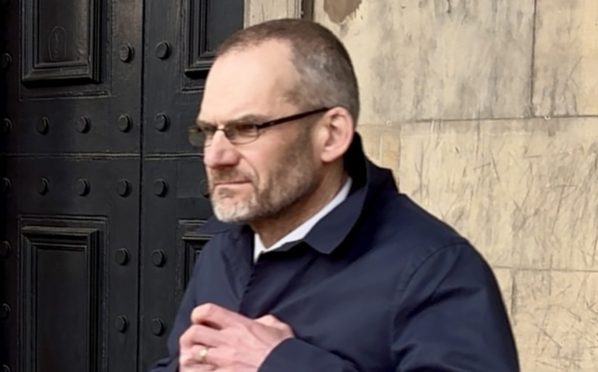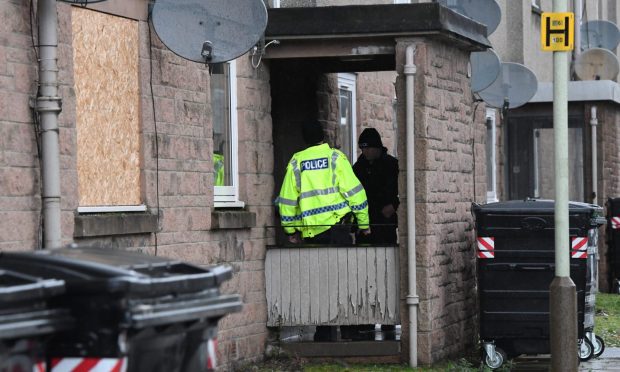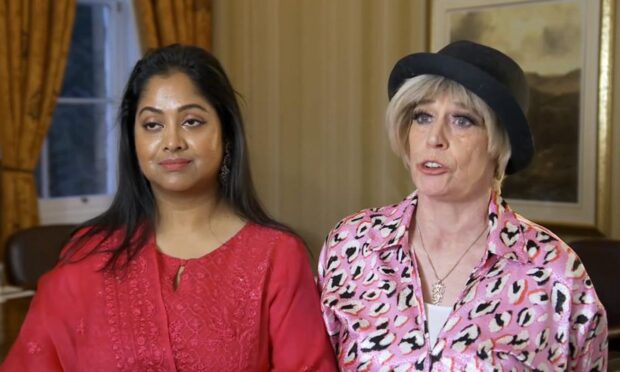Scotland’s rapidly ageing population has long been seen as a financial time bomb for the NHS and its community partners.
The issue is particularly pressing in Tayside, where the number of residents aged 75 and above is growing at a faster pace than anywhere else in the country.

Already, NHS Tayside and partners such as Perth and Kinross Council have been gradually moving towards a system of community care, with residents supported to stay in their homes.
Over the next 20 years, however, there will be many more older people, putting increasing pressures upon health services.
The ageing population profile means that people are living longer and that more people are living with long-term medical conditions such as diabetes and heart disease.
That will require an overhaul of services for older people, led by Dr Cesar Rodriguez, who is the country’s first dedicated associate medical director for older people.
He believes the transformation is long overdue and will help change the face of medicine in Tayside.
Dr Rodriguez said: “Almost a year ago now we began putting together NHS Tayside’s first clinical strategy for older people.
“It is quite ambitious but I do think that transformation is needed, not only because they are among our most vulnerable people but because I do not think our standards of care for older people has been good enough.”
Dr Rodriguez believes care in the community is key to improving services for older people, minimising the amount of time they need to spend in hospital.
That will mean enhanced community services, changing the way staff work and working swiftly to intervene before patients reach the point where they need admitted.
That work is already being taken forward by the three health and social care partnerships created in conjunction with Angus, Dundee and Perth and Kinross councils.
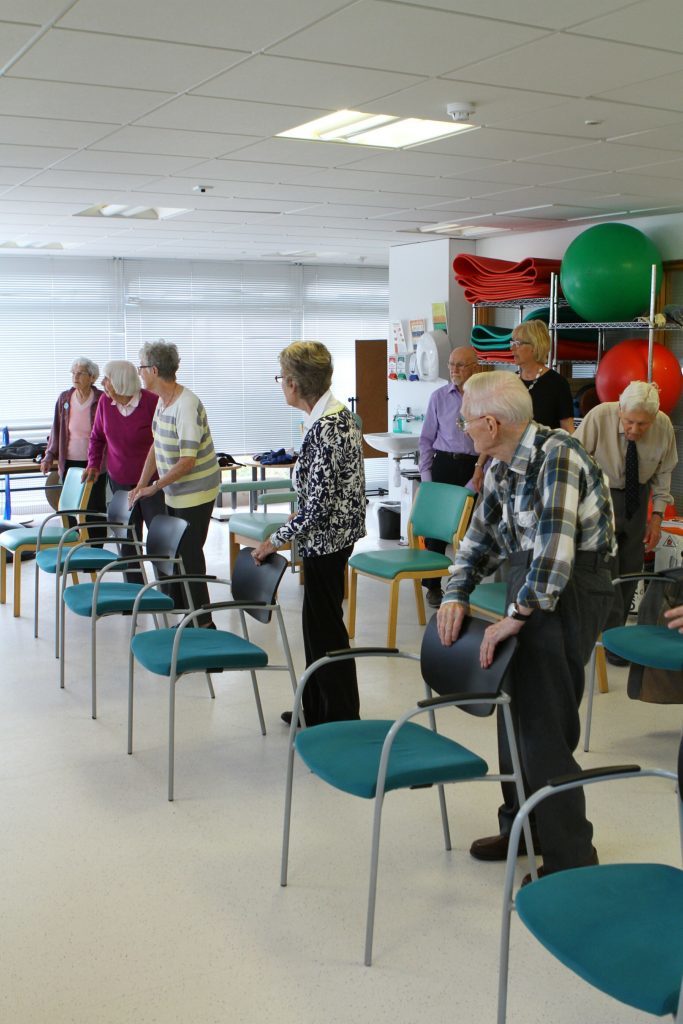
Dr Rodriguez said: “Being in hospital can have an adverse impact upon older people. Increasingly we have come to see that for many people it is not the safest place.
“They lose function and acquire infections and often their recovery time is increased.
“Our staff are fantastic but hospital can be a risky place for the elderly. Arguably more risky than being treated in the home.
“We want people to live at home as long as possible and so there needs to be a shift in focus that sees us become more proactive.
“The first sign of deterioration in the community is when we need to act.
“We can no longer wait until people need to be taken into hospital. When they are, we must ensure that they receive the best possible care and return home swiftly.”
Dr Rodriguez said it was vital that clinicians also take a new look at how medication is used to treat older people if those goals are to be achieved.
“We have created a monster where we think everything can be solved with a tablet,” he said.
“Every year a huge number of elderly people end up in hospital because they have taken too much medication or a problematic combination of medicine.
“We need to ensure that we are giving only the medication that people need and for our professionals to explain why medication may not always be the answer.”
Dr Rodriguez is clear that people need to see care of the elderly in a different light if it is to change for the better.
“Coming in to care of the elderly is not seen as sexy. It is not seen as a priority. It is not why people come into medicine,” he said.
“Over time, however, I think more and more people are coming to see the importance of this type of work and understanding that it is becoming ever more important as the population ages.
“There needs to be a societal shift where the quality of care that is afforded to children is also afforded to the elderly.”
“We must celebrate a society where our people are growing old. Many of them do so in good health but we must look out for those who do need our help.”
